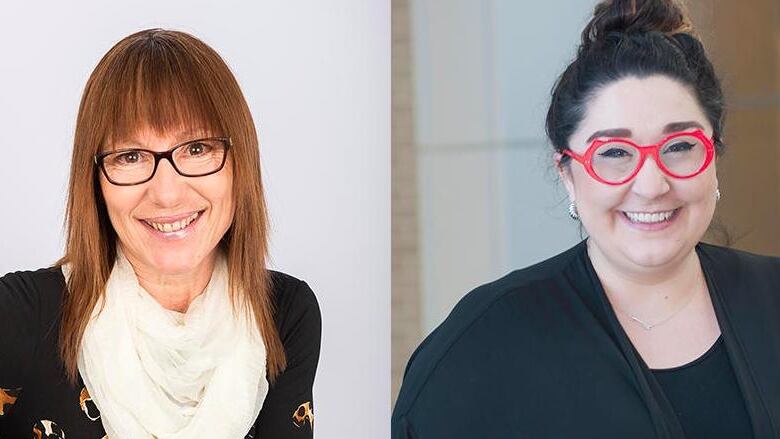U of C research projects chosen to strengthen pandemic preparedness in long-term care homes
One is creating mental health toolkit for staff, other aims to improve palliative care

Two University of Calgary research projects looking at ways to improve care at long-term care homes are receiving federal funding.
The research is part of a national initiativeannounced earlier this month of 14 projects fundedby the federal government to strengthen pandemic preparedness in these facilities.
COVID-19 has taken a toll on those who live and work in Canada's long-term care homes.
Currently, there are 1,172 active COVID-19 cases in Alberta and 4,333 recovered cases at long-term care facilities and supportive home living sites.
To date, 570 of the 871 reported deaths in the province (65 per cent) have been in these homes.
Two University of Calgaryresearch projects are among those seeking solutions for both workers and residents as they grapple with the consequences of the pandemic.
Dr. Bonnie Lashewicz, associate professor with the CummingSchool of Medicine,is looking at the mental health of workers.
"Staff members are in situations where they're holding the phone to the ear of a person near the end of life and the son or daughter orsibling of that person is sharing intimate thoughts, and the staff member is in that mediating sort of role," she said.
Lashewicz says her projectfollows the theme of taking care of and paying attention to the workforce, including nurses, food workers and janitorial staff, and preventingmoral injury amongalllong-term care workers.
"The axis of it also is the concept of moral injury. We think that that is just strikingly important in these times," she said.
"Moral injury originated as a way of thinking about the experiences of people who were returning war veterans and they were demonstrating symptoms thatfell under the traumatic stress injury spectrum."
She saidmoral injury isabout complicated emotional experiences, notably shame and guilt,and the ways that those emotions arise when a person feels there's something theyshould be doing.
"And yet being unable to do those things owing to circumstances outside of your control," she said.
Lashewicz isworking with five care homes in Calgary, Edmonton and Okotoks to create a mental health toolkit tailored to long-term care workers in pandemic conditions
Dr. Zahra Goodarzi, who is also an associate professor at the CummingSchool of Medicine, said her project looks to improve palliative care for vulnerable and frail older adults.
"We know in long-term care that a lot of older adults will be frail, meaningthosepersonsare more likely to experience adverse outcomes or poor outcomes from an illness or stressor," she said.
Goodarzi said her team aimsto develop and implement a clinical care pathway for frail older adults in long-term care.
"What that means is we want to work with the people who work in long-term care and the care partners of those residents seeking long-term care to understand how we can both detect and diagnosefrailty and help to manage that," she said.
"Along with that, we want to introduce appropriate palliative care for the stage of illness and their prognosis so that they're getting the best care that they can for their kind of complex disease."
Goodarzi's project isin collaboration with long-term care facilities in Alberta operated by the Brenda Strafford Foundation and AgeCare.
Shesaid long-term care has been pushed during the pandemic to the forefront of public consciousness, highlightingthe need for betterpreparedness, more researchand more funding into different areas of care andcare delivery.
"If we can do anything to reduce a person's suffering, I think that that's really important. These are our parents. These are our veterans. These are all these people who havetakencare of all of us," she said."It's important to make sure we're doing everything we can to take care of them."
Both projects received $150,000from the federal government for one year.












_(720p).jpg)


 OFFICIAL HD MUSIC VIDEO.jpg)
.jpg)



























































































